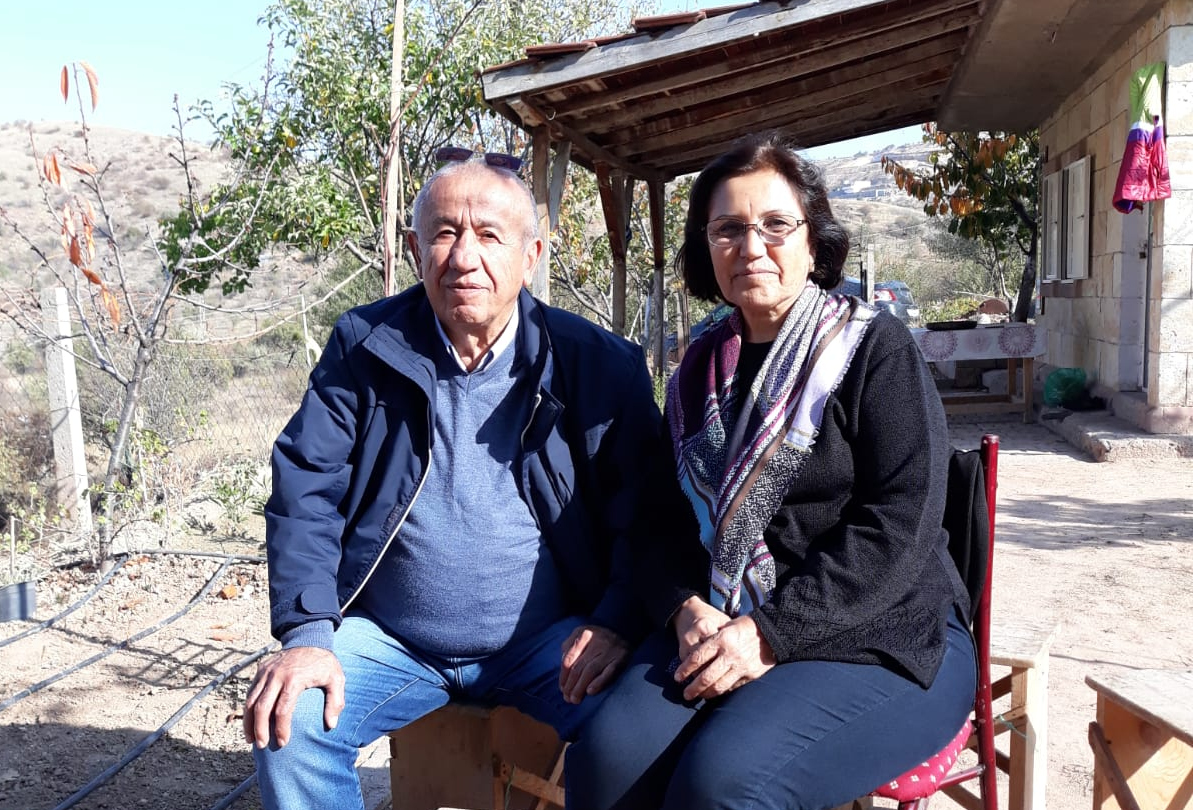Mustafa Özata immigrated to Germany in the 1970s. He came from a large rural family from the interior of Turkey, where his family lived a life of subsistence farming, growing only enough to feed themselves. He worked hard in a German textile factory and built a life for his three children. “I have never had any regrets,” Özata told NCM through his son, Ugur, who translated.
Özata senior was part of a larger scheme by the German government to recover the country’s devastated economy from the Second World War. As much as 20 per cent of all housing was destroyed, per capita food production in 1947 was 51 per cent of what it was in 1938, and industrial output in the same time period shrunk by two thirds. To top it all off, as many as 3.5 million German troops and 780,000 civilians were dead, meaning that Germany’s labour force was strongly diminished.
The post-war government of West Germany radically broke from their Nazi past and set to work on recovering from the war. An economic miracle in the 1950s put the country on the path to restoration, but it was still struggling with labour shortages. The government began signing treaties with several countries to allow their citizens to temporarily work in Germany. The largest number of gastarbeiters (guest workers) came from Turkey, just like Özata. Between 1961 and 1973, around 2.7 million Turks applied for a job in Germany.
Canada’s post-COVID economic landscape
Canada has adopted a similar policy in its plan to recover from the economic turmoil wrought by COVID-19. The country’s real GDP growth shrank in 2020 by 5.4 per cent, the steepest annual decline since quarterly data were first recorded in 1961, Statistics Canada has just announced. Growth took a dive in March of 2020 when the initial lockdowns were announced. While signs of recovery were present by June, in the final quarter of 2020 growth fell again to just 2.3 per cent q/q.
At the end of October, the government of Prime Minister Justin Trudeau announced a large ramping up of immigration quotas, a move billed as a way to support economic recovery. “Immigration is essential to getting us through the pandemic, but also to our short-term economic recovery and our long-term economic growth,” Immigration Minister Marco Mendicino said at the time.
Mustafa Özata’s path to a better life
While doing his compulsory service with the Turkish military, Mustafa Özata heard a rumor that Germany was looking for workers. He spent his teens apprenticing as a textile worker and saw this as a path to a better life.
“Even now, when you work in Germany for an hour, you can buy two kilograms of meat. In Turkey, you would have to work one full day to buy one kilo of meat,” he told NCM. “In Turkey, I would not have the means to buy a house, to send my kids to school and so on.”
Three months before the end of his military service, he contacted a job agency sending workers to Germany. He was invited to take a test in Istanbul to see if he qualified for an invitation to work. There, his future German boss tested his skills with textile machines to the smallest detail. “The way you would touch the string, the engineer would know if this guy has any idea about this job or not,” Özata said.
Canada of today also administers tests to determine whether immigrants have the necessary skills to thrive here, albeit in a less hands-on way. The country’s points system, for example the Express Entry system, assigns a score based on the level of education and language proficiency, among other factors. Mustafa Özata’s skills would likely have put him through the Federal Skilled Worker path if he were to come to Canada.
In 1970, Özata arrived in a little town called Ettlingen in southwest Germany. There he lived in a workers’ dorm attached to the factory he was hired by, four to five people to a room. “I had to like it because I had to work. But still, it was hard to be in a foreign country.” He still lives in Ettlingen today.
Struggles and successes
Like all immigrants, Özata did face racism in Germany. He recounted a story where he tried to buy a streetcar ticket from a machine, but it kept “spitting out” his cash. He attempted to buy it while on the streetcar, but the inspector onboard swore at him and had him thrown out. “I complained to the transit administration office about this person.” It turned out the inspector said Özata was a “foreigner” who was “drunk” and was “disturbing the people in the tram.” He says there was nothing illegal about what he did.
Despite the difficulties faced by gastarbeiters like Özata, the program was a doorway to prosperity for thousands like him. His children were well cared for and received an education that has led them far in life. Ugur, Özata’s son, works for the admissions office of a university and has a degree in political science. One of the daughters is a police officer, and the other is a homemaker.
As a result of the program, Turks are now respected members of German society, often becoming household names. Sibel Kekilli is an actress of Turkish descent who starred in Game of Thrones (she played Tyrion Lannister’s love interest, Shae). The COVID-19 crisis also showed the value of immigration to Germany. The New York Times profiled Ugur Şahin and Özlem Türeci, the husband-and-wife founders of BioNTech, the makers of one of the COVID-19 vaccines. Both are Turkish immigrants.
On a macro level, the jury is out on whether immigration actually does improve economic conditions. An OECD study lamented that there are too few studies looking at the overall impact immigration has on economic growth. “One study that looks at the impact of migration on economic growth for 22 OECD countries between 1986 and 2006 demonstrates a positive but fairly small impact of the human capital brought by migrants on economic growth,” read the study. However, Trudeau is betting on the positive aspects of immigration to help recover from COVID-19.
Mansoor Tanweer is New Canadian Media’s Local Journalism Initiative reporter on immigration policy. An immigrant himself, he has covered municipal affairs and the Brampton City Council in addition to issues relating to newcomers over several years.





